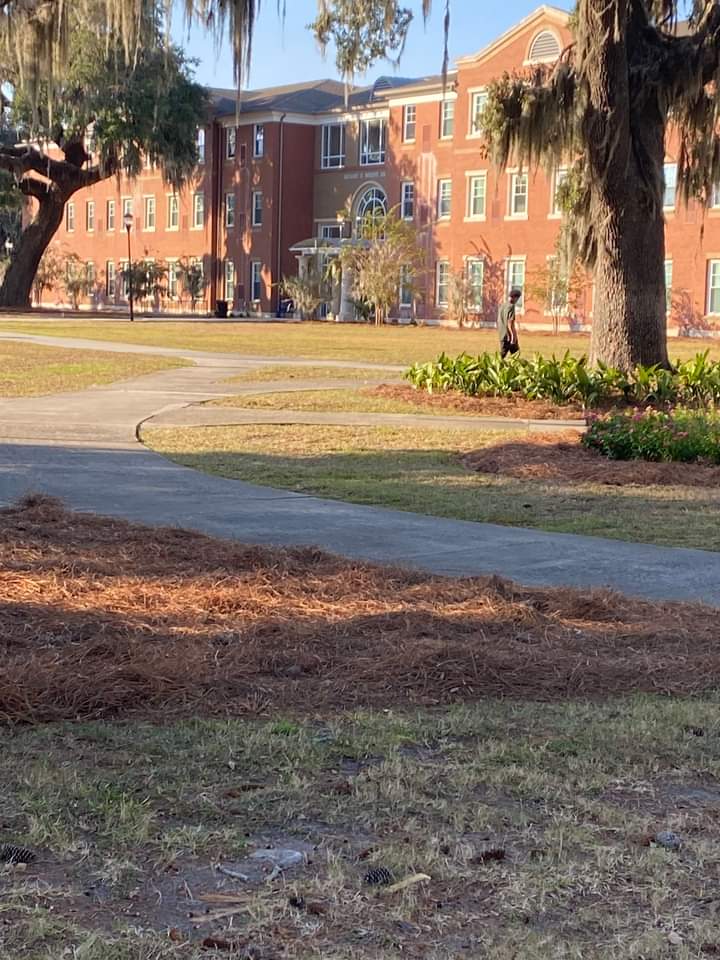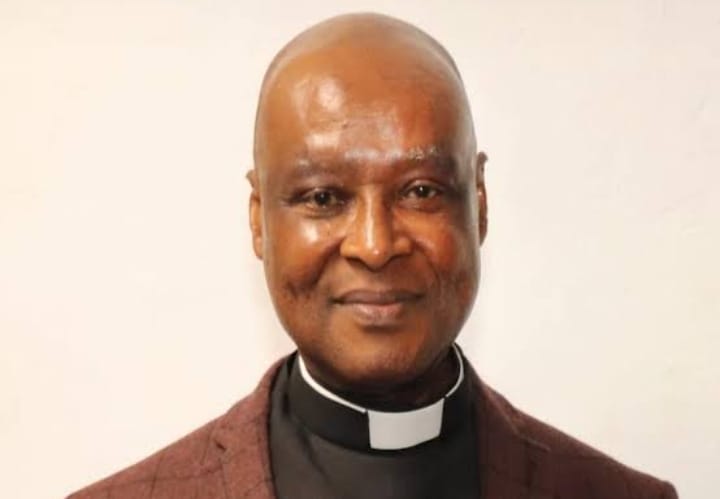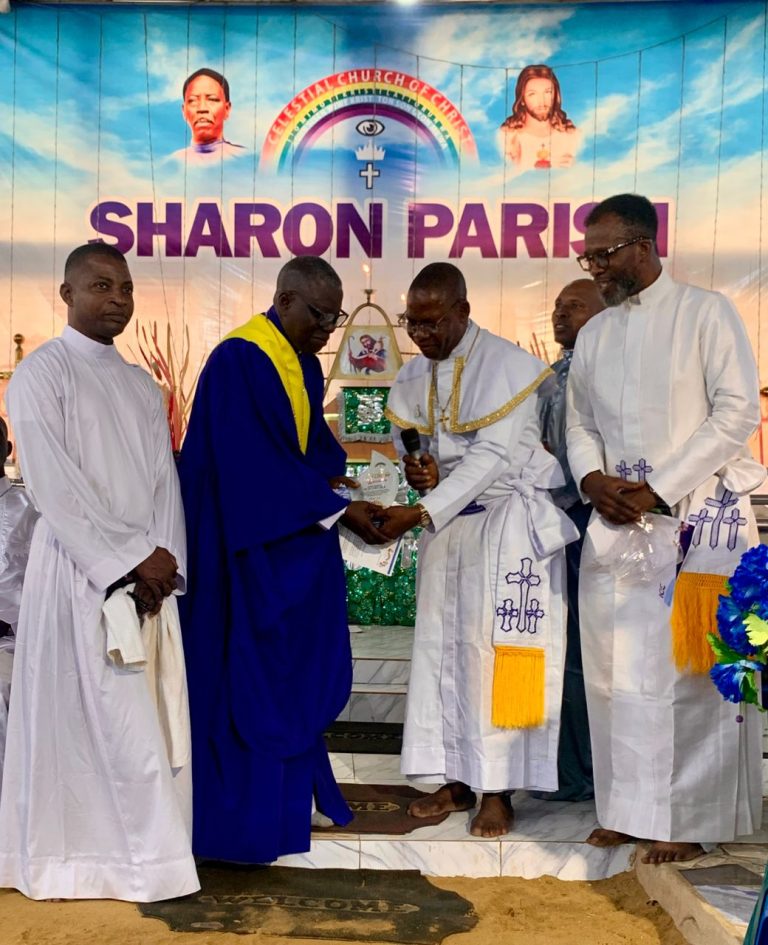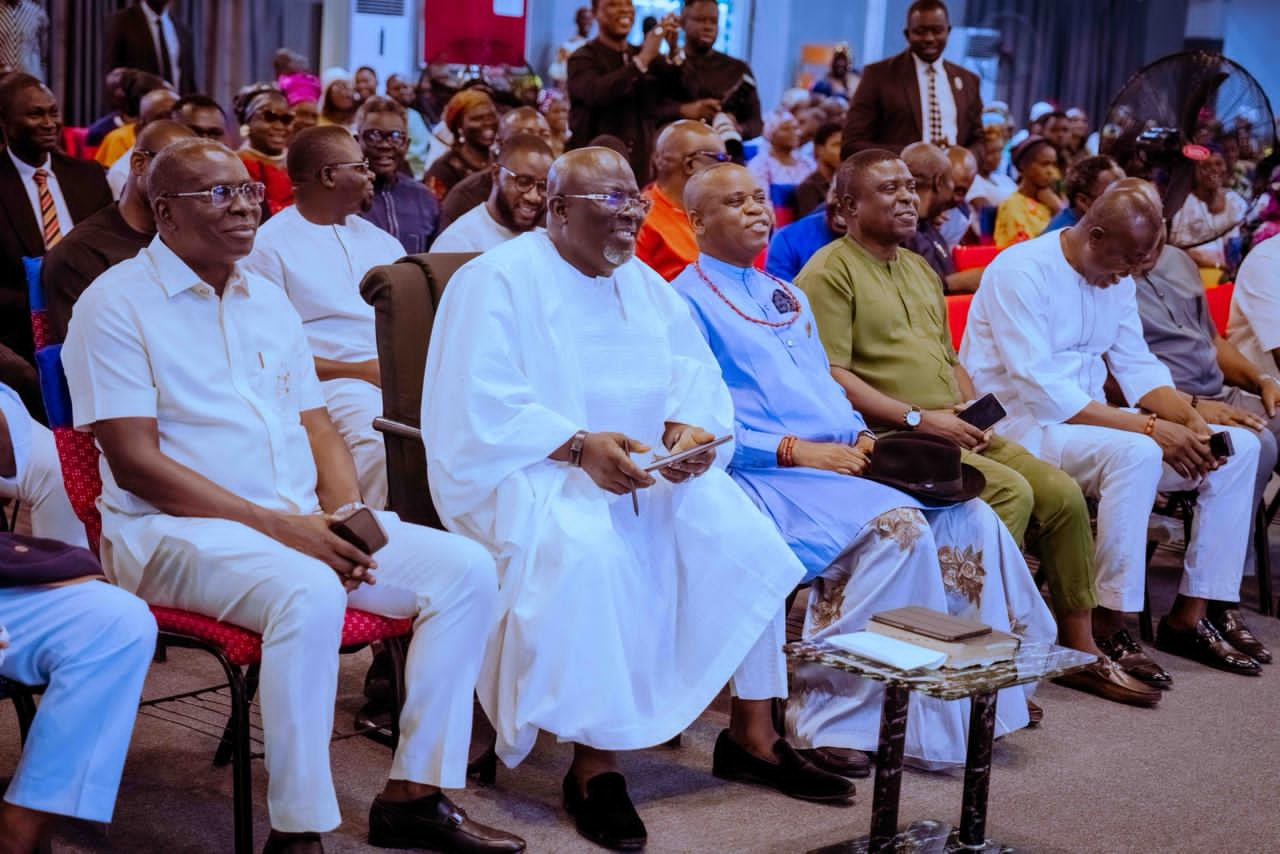So, homecoming is over in these parts and most people will head home. The question is where is home and what is home to you? My answer will be, “Home is where the heart is.” Thoughts have indeed flooded my mind on this trip, and I mean good thoughts. The Savannah University parade was awesome to say the least. My guess is that there were well over 10,000 attendants. That is an incredibly huge crowd, but what I found really interesting is that the place or rather, the different spots in the venue, were arranged in such a way that the crowd did not feel overwhelming.
I moved around the different stalls, taking in as much as I could, watching the dance performances from the fraternity groups, allowing the smoky aroma of barbecues from different stalls invade my nostrils albeit in a good way, looking at cultural displays of clothes, jewelry and all manner of accessories, indeed there was a whole lot to take in, but at this point, my attention is drawn toward trees – again.
In Savannah, you will find a historic road called Victory Drive. Palm trees were planted to honor the soldiers slain during World War 1. This 19.82 mile long road is said to be an initiative of City Engineer William Rockwell in 1919. I had a silent chuckle just before we got to this landmark, simply because of the name of the sign of another connecting road – Ogeechee Road. There and then I decided that the person who named it was from my part of the world, and that the original name was Ogechi, simply meaning “In God’s time.” Never mind that it was erected by the daughters of the revolution in 1920. Perhaps one of them was of Igbo descent!
Anyway, in God’s time, I would go to Victory Drive, where the trees converge. I would learn that each palm tree planted in the middle of the four lane road, represented a slain soldier, and perhaps more significantly, the Weeping Willow trees, arraigned on each side of the road, branches touching from opposite ends, seemed to be weeping over the slain soldiers who were represented by palm trees planted in between them. Truth be told, specific events of the past have their ghosts lingering from generation to generation, which often repeat themselves, sometimes under different guises in cycles of time.
A wise man from Cameroon once said to me, “Knowing your history is as good as putting food on the table.” Those words are deeply rooted in my heart and I would remember them again at the Savannah home coming. As I watched the bustle of activities I couldn’t help but notice the disconnect between the older and younger generation, who all went to the same school. “Tell your children about it in the years to come, and let your children tell their children. Pass the story down from generation to generation.” (Joel 1:3)
Somehow, I just didn’t see this word come to play here, and in this vein, I do not refer solely to Savannah State University. This gap between generations appears to be a global one. Indeed, knowing your history is as good as putting food on your table. And, somehow more thoughts of the dangers of not knowing one’s history somewhat rears its head.
“Now there arose a new king over Egypt, who did not know Joseph. 9 And he said to his people, “Look, the people of the children of Israel are more and mightier than we; 10 come, let us deal shrewdly with them, lest they multiply, and it happen, in the event of war, that they also join our enemies and fight against us, and so go up out of the land.” 11 Therefore they set taskmasters over them to afflict them with their burdens.” (Exodus 1:8-11)
This marked the beginning of 400 years of slavery. The question I ask is, “Why did this new king not know Joseph?” Yes, the Good Lord spoke to Joseph’s ancestor Abraham about this enslavement way before it occurred, but I do wonder if this happened simply because people who lived after Joseph did not tell his story.
“And Joseph died, all his brothers, and all that generation. 7 But the children of Israel were fruitful and increased abundantly, multiplied and [c]grew exceedingly mighty; and the land was filled with them.” (Exodus 1:6-7).
Joseph’s generation passed away and the generation after lived the exceedingly good life. In this place, there is a tendency to get comfortable and carried away, forgetting sacrifices others made to clear the way. In this place of comfort, it’s extremely difficult to see the doors when they gradually begin to close.
If it happened after Joseph’s era, it could happen again.
As for me, I desire to know my history so I can put food on my table, and that affliction does not arise a second time. (Nahum 1:9)
Jacob’s ladder: Savannah diary part two















Leave a Reply